October 2016
Hot on the heels of quasiparticles
News
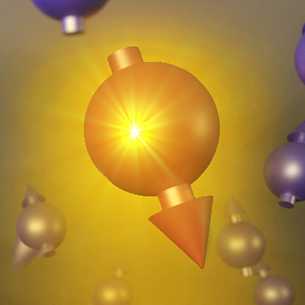
Electrons in a solid can team up to form so-called quasiparticles, which lead to new phenomena. Physicists at ETH in Zurich have now studied previously unidentified quasiparticles in a new class of atomically thin semiconductors. The researchers use their results to correct a prevailing misinterpretation.
Ceramics 3D printed from foams
News
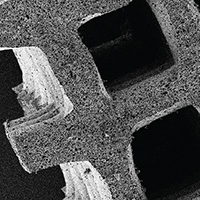
ETH researchers have used an additive manufacturing process to print an extremely porous ceramic component. Manufacturing a material of this kind with a 3D printer is a considerable achievement.
How climate change may (in)directly affect us
Zukunftsblog
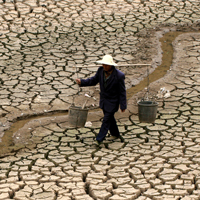
Climate risks in distant countries affect us too: in a globalised world, if China’s breadbasket falls victim to drought, Switzerland may also feel the consequences via the supply chain. Adapting to climate change isn’t just the local issue it’s generally thought to be.
How planets like Jupiter form
News
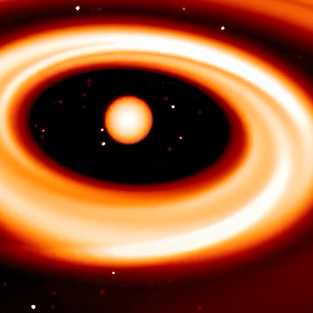
Young giant planets are born from gas and dust. Researchers of ETH Zürich and the Universities of Zürich and Bern simulated different scenarios relying on the computing power of the Swiss National Supercomputing Centre (CSCS) to find out how they exactly form and evolve.
Welcome to the World 4.0!
News
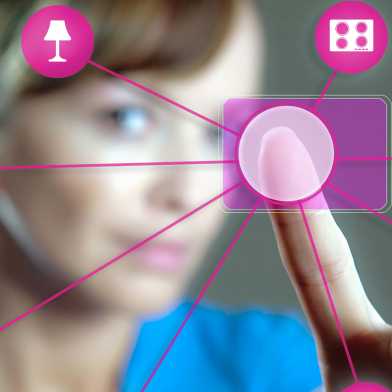
Self-driving cars, talking robots and intelligent houses: the autumn edition of the Treffpunkt Science City series begins next Sunday and will focus on everyday life in the World 4.0.
Iron supplements in the fight against lead
News

Targeted iron supplements in biscuits can achieve a striking reduction in the level of lead in children’s blood in regions with high exposure to this toxic heavy metal. This has been demonstrated for the first time by an ETH-led research group in a study of schoolchildren in Morocco.
Researching phytoplankton in zero gravity
News

Swiss researchers have used a parabolic flight to investigate the effects of weightlessness on biological and physical processes. On board was an experiment from ETH Zurich designed to understand the influence of gravity on the migratory behaviour of aquatic microorganisms.
President of Slovakia visits ETH Zurich
News
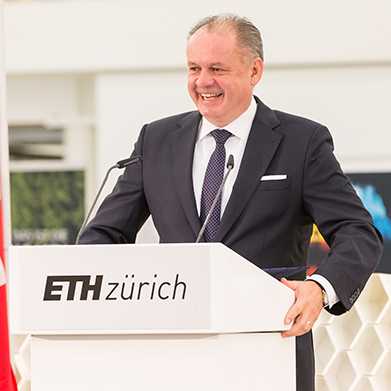
On Friday, ETH President Lino Guzzella received the President of Slovakia, Andrej Kiska, and Swiss Federal President Johann N. Schneider-Ammann at the Hönggerberg campus. The Slovak president was accompanied by a science and business delegation.
Does greater mobility mean more and more traffic?
Zukunftsblog
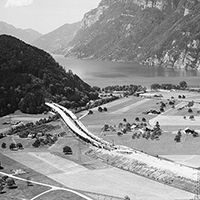
The rapid transport of people and goods is both a growing demand as well as an economic necessity. The price we pay for it is an ever-increasing volume of traffic. When it comes to tackling this dilemma in the future, it’s worth taking a look at the past.
First cyborg bacteria developed
News
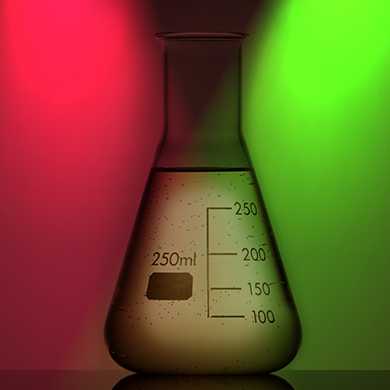
ETH scientists have constructed bacteria in which growth can be controlled fully automatically by a computer. The interface between computer and bacteria is based on red and green light. The approach could help to optimise the biotechnological production of molecules.